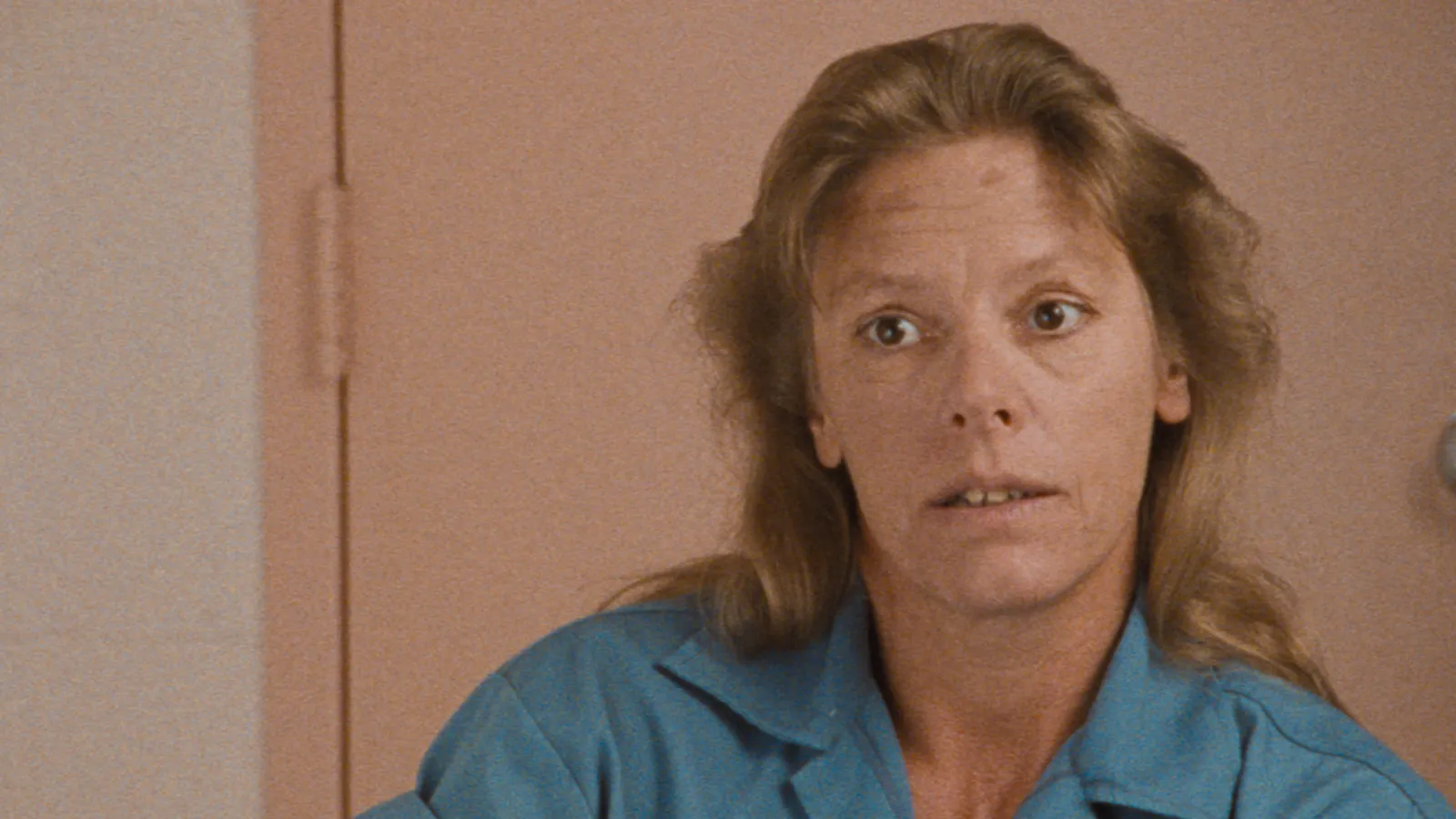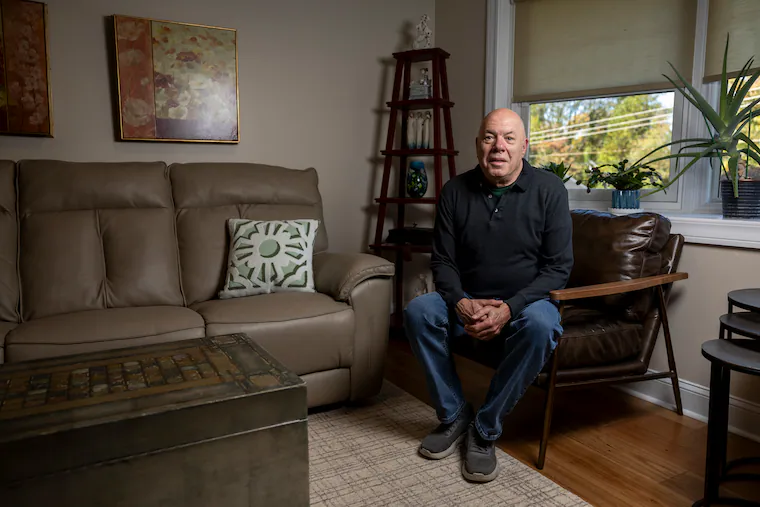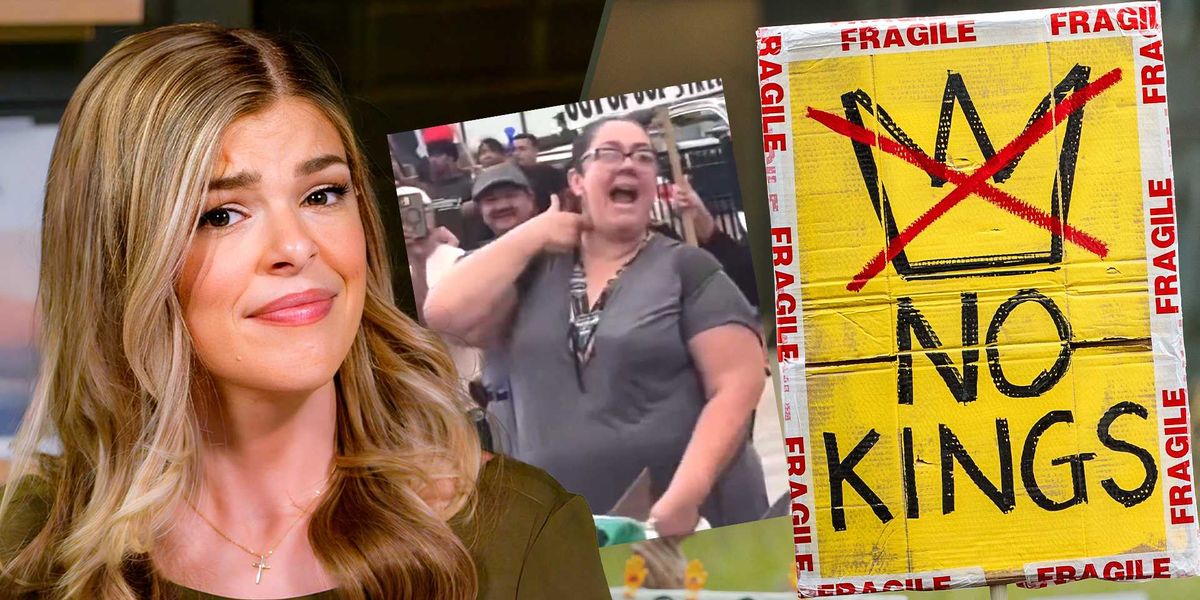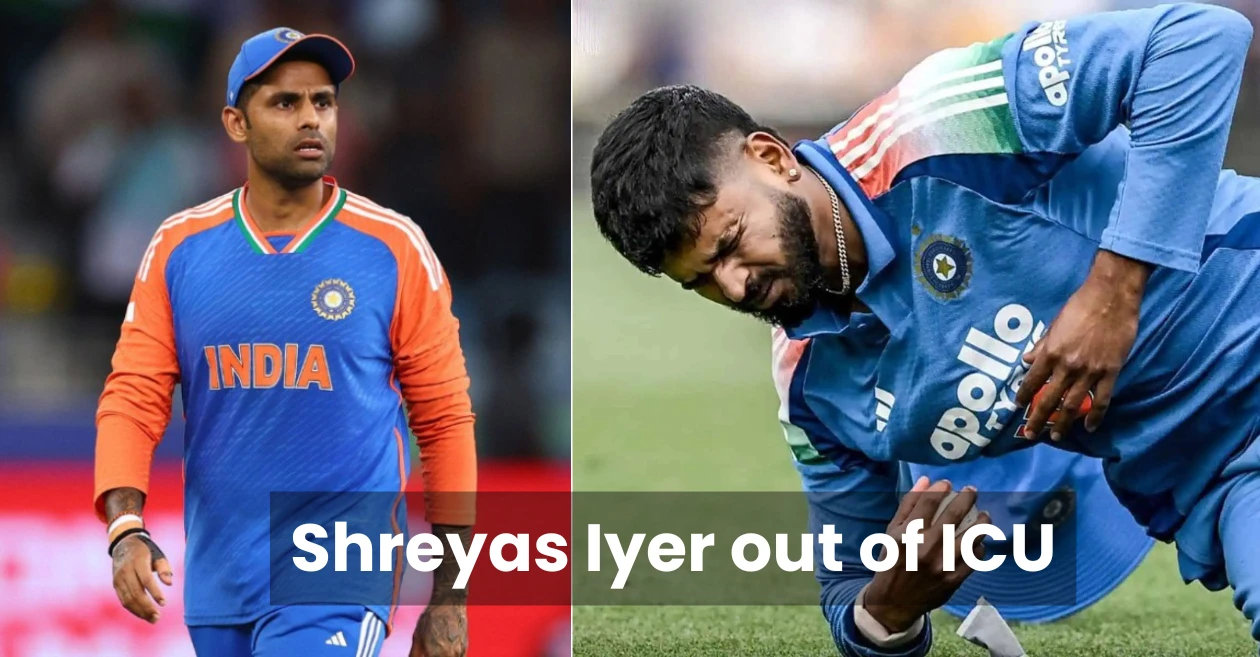Copyright theleader
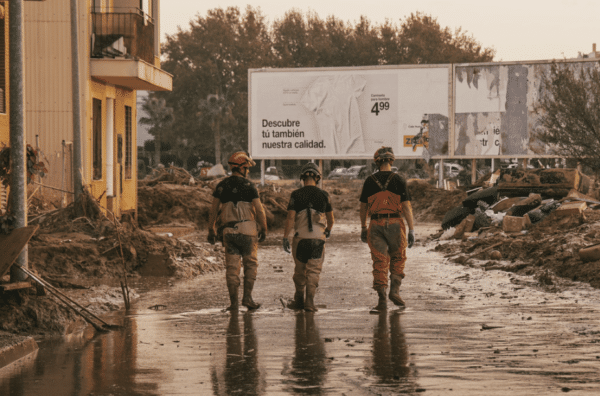
VALENCIA – A year ago, torrents of rain and mud swept through Valencia and other parts of eastern Spain, leaving 229 dead and thousands displaced. Withing a matter of minutes, entire streets disappeared under water, vehicles were carried away, and families were ripped apart in what became the deadliest weather-related disaster in Spain in more than half a century. For Toñi García, the loss is unimaginable. That night, her husband and only daughter, Sara, went to move their car and never returned. “We thought it was a burst pipe. The water rose more than two metres in minutes. Cars were being swept away, walls collapsing. It was hell,” she recalls. Three days later, military divers found them both in the garage. “We have not been able to mourn. Only when we see justice will we rest,” she says through her tears. The disaster struck across Valencia, Castellón, Alicante, Murcia, Almería, and parts of Cuenca and Teruel, leaving more than 40,000 people affected and hundreds of homes uninhabitable. Children continue to fear rain, and survivors describe living with constant anxiety whenever storms hit. Anger is directed at authorities. Survivors allege that emergency warnings were delayed, coordination failed, and preventive evacuations were ignored. “They didn’t die because of the rain. They died because of negligent management,” says Toñi. Several local officials are now under judicial investigation for alleged negligence. Psychological support was initially almost non-existent. Toñi recounts only ten minutes with a psychologist when her family’s bodies were recovered. Dedicated mental health units were only established months later. “We were completely alone at first,” she says. Seeking recognition, survivors travelled to Brussels, where European Commission officials, including President Ursula von der Leyen, expressed shock at the lack of accountability and pledged oversight of reconstruction funds. Meanwhile, Valencia’s regional government, led by Carlos Mazón, has yet to meet survivors or apologize. “It’s shameful and inhumane. He carries 229 deaths on his shoulders,” Toñi says. On the disaster’s first anniversary, a state funeral will honour the victims. But survivors want more than ceremony – they demand acknowledgment, a public apology, and reforms to prevent future tragedies. Lessons from last year’s floods show that when authorities act promptly, lives are saved. “We don’t want revenge. We want memory, truth, and justice. Only then can we say goodbye to our loved ones as they deserve,” Toñi says. For Valencia’s survivors, grief and determination remain inseparable, one year after the waters receded.
